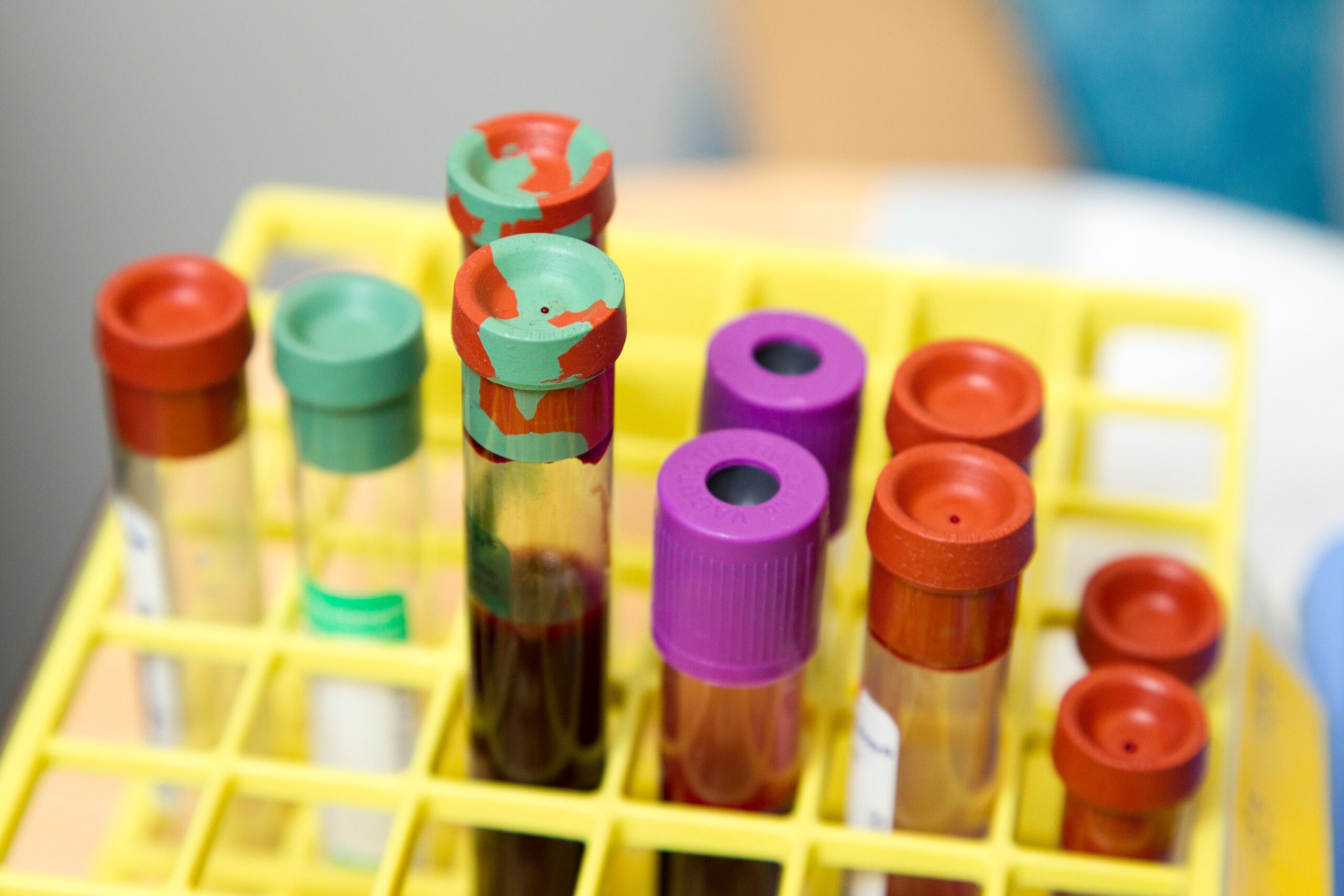After the human immunodeficiency virus (HIV), another novel virus in COVID-19 is giving hemophiliacs everywhere great concern. With minimal available information and while studies are still ongoing on how the coronavirus can affect individuals with blood diseases, here’s what we know so far.
Taking the proper safety precautions such as wearing face masks and medical-grade respirators is always the best thing to prevent yourself from getting COVID-19. Persons with blood diseases are categorized as high-risk individuals who are more prone to the virus’s adverse effects. This is why filtering respirators such as N95 and KN95 masks that can filter 95% of microparticles in the air are highly recommended for hemophiliacs.
Individuals with blood disorders should also observe longer and more stringent quarantine measures especially for those who are taking inhibitors as they are considered to have autoimmune disorders. In the same vein, doctors are suggesting administering blood thinners to severe COVID-19 patients provided that they are not taking any medication with contraindications, though no concrete findings are still available.
One Washington Post article has reported cases of blood complications in COVID-19 patients wherein patients on anticoagulants still developed blood clots. Similarly, there had been reports on how the vaccine AstraZeneca has a potential link with blood clot developments in vaccinees, though health experts were quick to reiterate how the vaccine’s benefits outweigh its risks.
Given the still many unknowns about the correlation of COVID-19 to persons with blood disorders, prevention is still the best recourse against the virus. What is clear is how those with blood disorders like hemophilia, sickle cell disease, or porphyria are at an increased risk of developing severe symptoms. Sheltering in place, practicing proper hygiene, and wearing medical-grade face masks and respirators are what most health experts recommend for hemophiliacs until a more concrete study on this high-risk group’s vulnerabilities to the virus is published.

